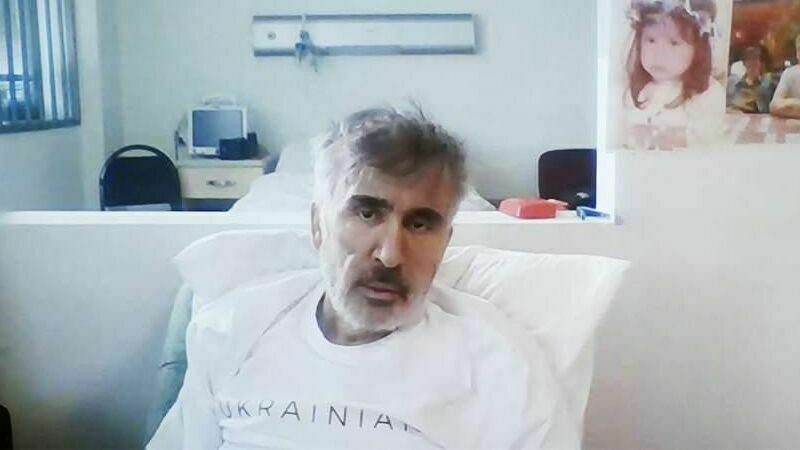
Saakashvili of discord. Georgia does not like that Ukraine supports the former president
The events in Ukraine somehow affected all countries of the world, but first of all – the states of the post-Soviet space, forcing their authorities from time to time to express their attitude towards them. Georgia is no exception, for this country its plays a huge role in many ways. Firstly, it was there that the main stream of Russians who fled from partial mobilization rushed. Secondly, Georgia cannot forget the events of 2008, when, not without the "help" of Russia, it de facto lost a significant part of its territories. And, finally, thirdly, the former President of Georgia, Mikhail Saakashvili, who is now not only in prison, but also in a serious condition, held government posts in Ukraine at one time, and therefore is also an important political figure in this situation. Political scientist Sergey Markedonov writes about how the Georgian authorities react to it in his column:
"Attempts to somehow transfer the conflict to our country do not stop. In this regard, we have heard statements from representatives of the Ukrainian authorities. Their goal was to open a "second front"." Prime Minister of Georgia Irakli Garibashvili, during his conversation with journalists on February 11, again made a portion of accusations against official Kiev. It is not the first time that the head of the Georgian Cabinet has demonstrated dissatisfaction with the policy of the Ukrainian authorities. How to explain the next actualization of this plot?
To answer this question, it is important to understand the place that Ukraine occupies in the Georgian political agenda. The common interests of the two countries were repeatedly demonstrated by them in the post-Soviet period. Both Georgia and Ukraine are dominated by the idea that the conflicts in Abkhazia, South Ossetia and the Donbass occurred primarily through the fault of Russia, and not as a result of miscalculations in Georgian and Ukrainian nation-building.
However, this is a foreign policy framework. In addition to it, there is also an internal political agenda. In the last ten years, Georgia and Ukraine have been tightly linked by the figure of Mikhail Saakashvili. The Ukrainian stage of his political career was connected with the loss of ex-President Bidzina Ivanishvili. And any expressions of support for Saakashvili from Kiev ran into misunderstanding in Tbilisi. This was also the case during the cadence of Petro Poroshenko (until he broke up politically with the former head of the Georgian state). So it became with the coming to power of Vladimir Zelensky.
SVO did not open up problems in bilateral relations, but aggravated them to the limit. Garibashvili and the Georgian Dream party position themselves as guarantors of peace for their country. They promote the image of Saakashvili to voters as the personification of war and adventurism. Moreover, the events of 2008 are working to strengthen this perception. So on February 11, Garibashvili stated: "Our government has managed to prevent the biggest test for our country — the war." Within the framework of such a discourse, Ukraine is seen as Saakashvili's patron, with whom the "dreamers" associate the collapse of the current, albeit relative, but stability..."